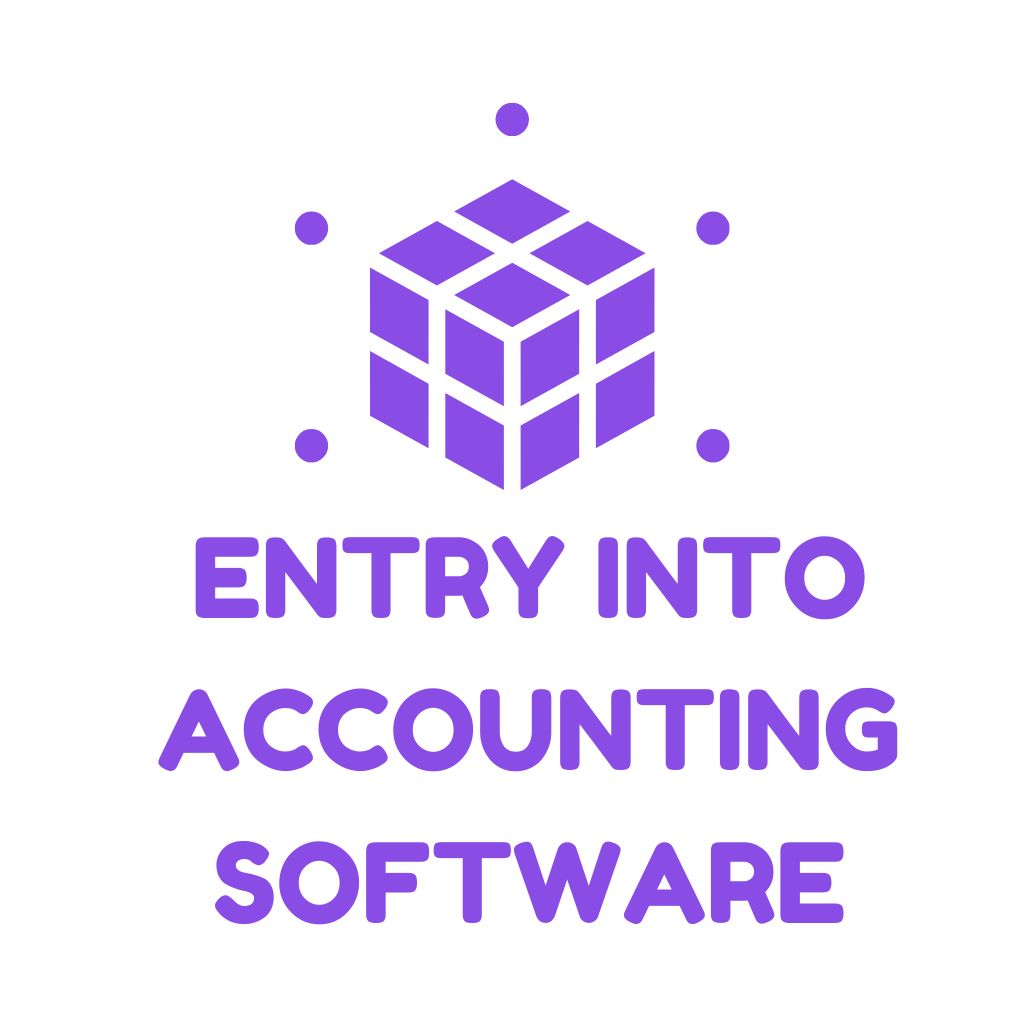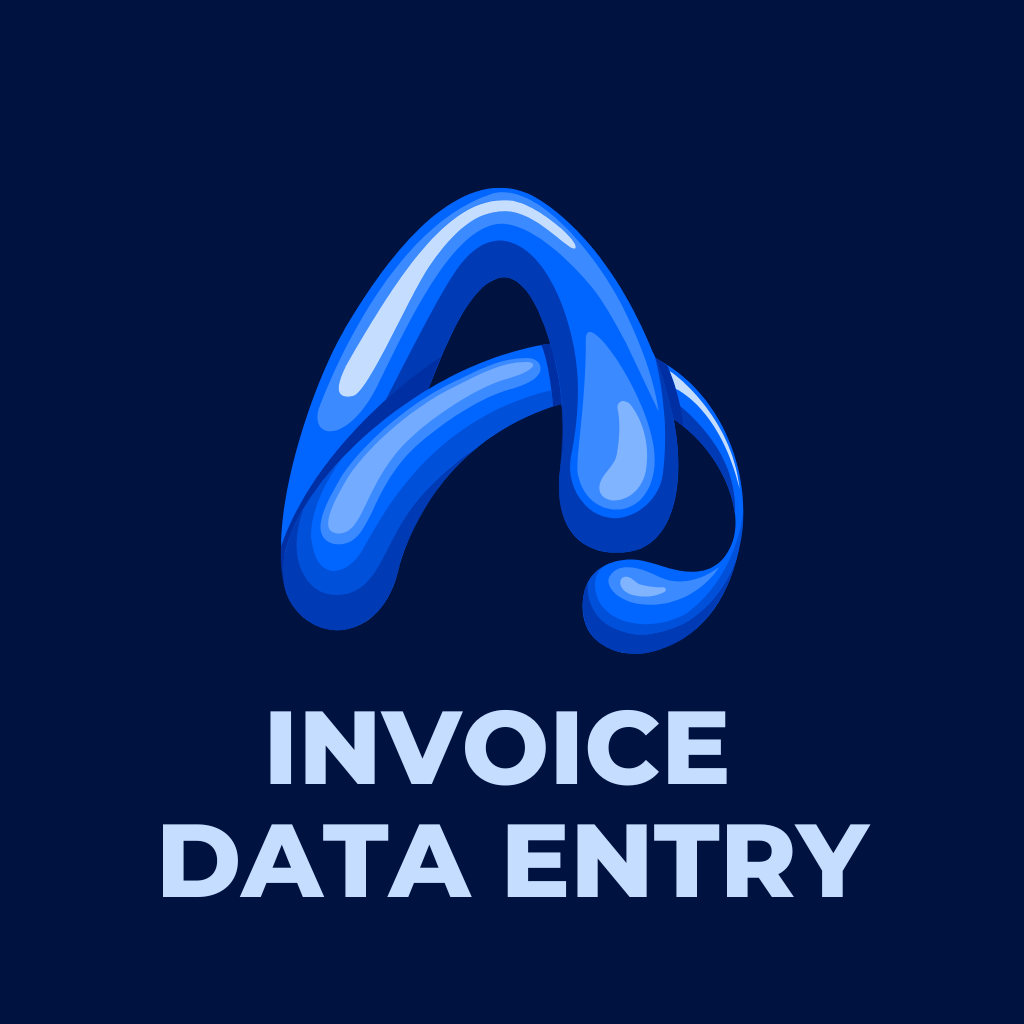In today’s fast-paced digital economy, accuracy and efficiency are not just desirable; they are essential for businesses striving to stay competitive. Among the numerous back-office processes that keep an organization running smoothly, invoice data entry plays a pivotal role in maintaining financial accuracy, ensuring timely payments, and supporting sound decision-making. Whether you are a small startup or an established enterprise, understanding the importance of accurate invoice data entry can be the key to driving operational success and long-term growth.
What Is Invoice Data Entry?
Invoice data entry refers to the process of recording, organizing, and maintaining invoice-related information in digital systems or financial software. This task involves capturing critical details such as:
-
Invoice number and date
-
Vendor or supplier information
-
Itemized lists of goods or services
-
Quantities, rates, and total amounts
-
Tax details and payment terms
-
Due dates and payment status
By ensuring that all these details are recorded accurately and in real-time, businesses can maintain smooth financial operations, minimize discrepancies, and foster better relationships with clients, suppliers, and stakeholders.
The Importance of Accurate Invoice Data Entry
-
Prevents Costly Errors
Manual entry errors can lead to overpayments, underpayments, or delayed settlements, affecting your cash flow and business reputation. Proper invoice data entry ensures that all transactions are recorded with precision, minimizing financial risks. -
Improves Cash Flow Management
Accurate data allows companies to track their accounts payable and receivable effectively, helping to forecast expenses, plan budgets, and manage liquidity. -
Enhances Compliance and Auditing
Accurate invoice data ensures compliance with financial regulations and supports seamless auditing. Clear records make it easy to verify transactions during internal reviews or external inspections. -
Saves Time and Resources
Automated and error-free invoice processing reduces manual rework, allowing your finance team to focus on strategic planning instead of administrative corrections. -
Supports Business Insights
Well-organized invoice data can be analyzed to provide insights into spending patterns, vendor performance, and opportunities for cost optimization.
Manual vs. Automated Invoice Data Entry
With the advent of digital transformation, businesses have two main approaches to invoice data entry:
1. Manual Entry
Manual invoice entry involves finance personnel inputting data line by line into spreadsheets or accounting software.
Pros:
-
Low initial cost
-
Easy to implement in small businesses
Cons:
-
Time-consuming
-
High risk of human error
-
Difficult to scale
2. Automated Entry
Automated invoice processing uses technologies like Optical Character Recognition (OCR) and AI-powered software to capture data accurately from invoices.
Pros:
-
High accuracy and efficiency
-
Saves time and reduces labor costs
-
Scalable for businesses of any size
Cons:
-
Requires investment in technology
-
Needs periodic system updates and checks
Most modern organizations are shifting towards automation to enhance productivity, accuracy, and scalability.
Best Practices for Efficient Invoice Data Entry
To maintain accuracy and efficiency, businesses should follow these best practices:
1. Standardize Your Process
Develop clear guidelines and templates for data entry. Consistency minimizes errors and ensures that all team members follow the same procedures.
2. Leverage Technology
Use reliable accounting and invoice management tools. Automation reduces manual errors and increases processing speed.
3. Conduct Regular Audits
Frequent checks help identify discrepancies early, ensuring data accuracy and compliance with financial policies.
4. Train Your Staff
Provide regular training to keep your team updated on software, compliance requirements, and best practices in invoice handling.
5. Backup Data Securely
Store your invoice data in secure, encrypted systems with regular backups to prevent data loss and enhance security.
6. Monitor Key Metrics
Track processing times, error rates, and payment delays to identify areas for improvement.
The Role of Outsourcing in Invoice Data Entry
Many businesses are now outsourcing invoice data entry to specialized service providers. This approach offers several advantages:
-
Expertise and Accuracy: Professionals trained in financial data entry minimize errors.
-
Cost-Effectiveness: Outsourcing reduces the need for in-house staff and overhead costs.
-
Scalability: Easily scale operations during peak periods.
-
Focus on Core Activities: Free up your internal teams to focus on strategic growth initiatives.
The Future of Invoice Data Entry
The future of invoice data entry is being shaped by AI, machine learning, and cloud-based platforms. These innovations enable real-time data capture, advanced analytics, and enhanced security. As technology evolves, businesses that embrace automation and digital transformation will stay ahead of the competition, improving accuracy, efficiency, and profitability.
Conclusion
Accurate invoice data entry is the backbone of efficient financial management. By adopting best practices, leveraging technology, and considering outsourcing options, businesses can streamline their processes, reduce errors, and enhance overall performance. In a rapidly evolving business environment, precision and organization in financial data management can make the difference between success and stagnation.
If your organization is ready to optimize invoice data entry processes, now is the time to invest in robust solutions that align with your business goals. Efficiency, accuracy, and growth start with getting your numbers right.
Read more > https://datahome.solutions/streamlining-success-the-power-of-accurate-invoice-data-entry-for-businesses/
#InvoiceDataEntry #BusinessEfficiency #FinancialAccuracy #Automation #Outsourcing #DataManagement #BusinessGrowth


